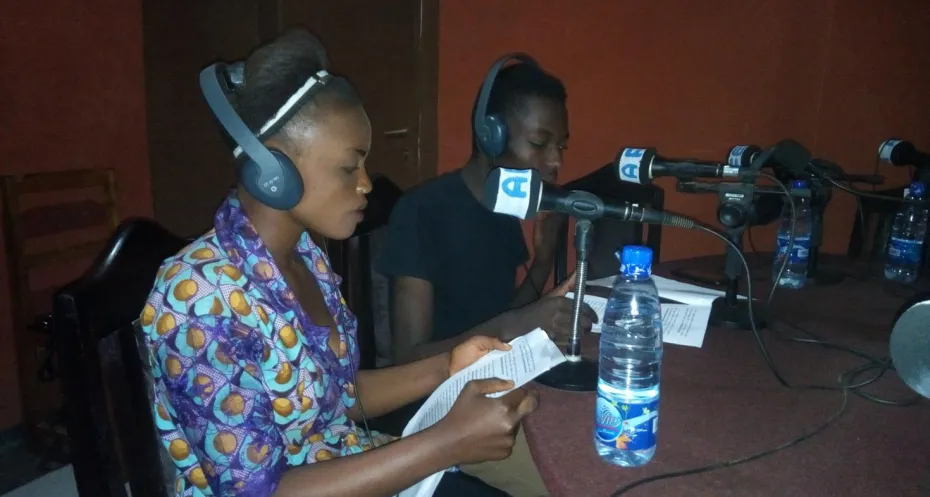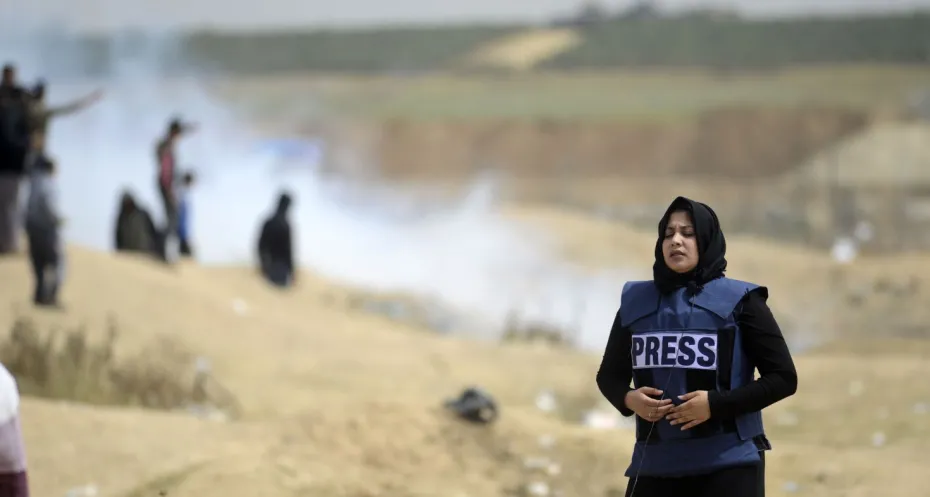Participatory youth radio on sexuality in CAR and the DRC

Sexuality is still a taboo topic in the Central African Republic (CAR) and the Democratic Republic of the Congo (DRC). Strong hierarchical societies offer young people few opportunities to discuss their sexuality. Through the production of radio programmes for, by and with young people, Free Press Unlimited provides them with a fun and safe space to be informed and to exchange thoughts and feelings on their sexual and reproductive health and rights.
‘Controversial’ radio from the perspective of young people
In the DRC and CAR, many people feel uncomfortable openly discussing sexual and reproductive health and rights. Meanwhile, HIV infection rates remain high and unwanted early pregnancies are common.
To break this pattern, Free Press Unlimited and local media organisations have been producing radio programmes about sexuality from the perspective of young people since 2016. Free Press Unlimited has trained the young people who are making the programmes. So far, 180 of them have been equipped with basic journalism skills to make radio programmes about sexuality by and for Central African and Congolese youth. Skills they have learned include conducting interviews and working with social media.
Listeners' clubs
Free Press Unlimited's local partners also organise listeners’ clubs. Here, young people aged 10 to 24 come together to listen to the programmes, give their feedback, and discuss possible changes within their communities in relation to sexuality.
Existing taboos on sexuality can shape the lives of young people in CAR and the DRC. Training youth to become the voice of their own communities empowers them. By articulating their own development, they can also have a lasting impact on their societies.
These activities are part of the JeuneS3 programme coordinated by Cordaid. JeuneS3 aims to achieve that young people in the most vulnerable countries have the opportunity to make informed choices about their sexual and reproductive health and rights.



